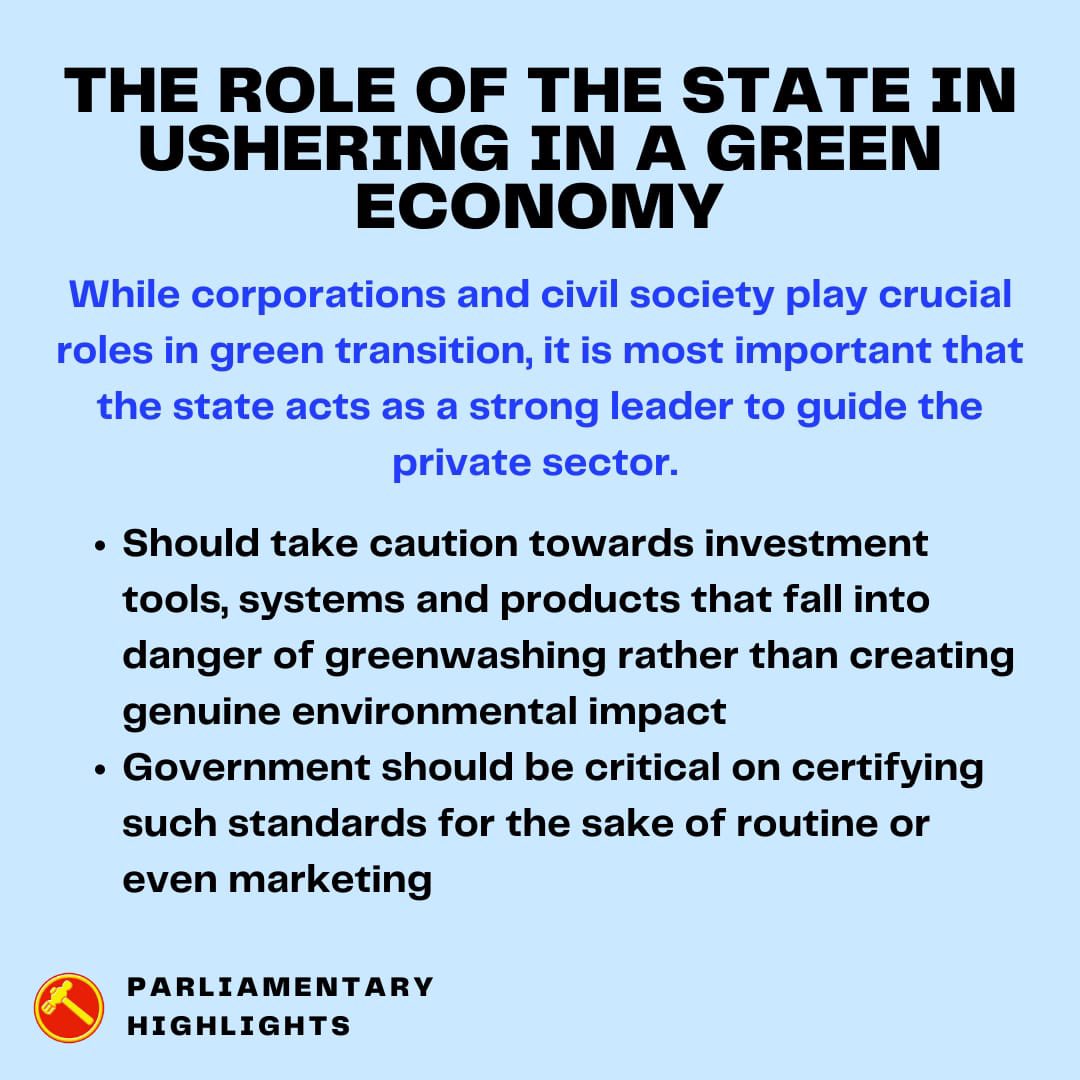
Inflation, as understood by economists, is the rate of change in prices. When prices rise, stuff gets more expensive. This is what is happening across the world now, as well as in Singapore. (1/n) 

But one-off price increases, while unpleasant, do not give rise to inflation. Inflation happens when price rises are persistent. Many economists, while worried about inflation, do not expect it to persist beyond this year or next. (2/n)
Yet even when this inflation storm passes, not everyone will be made whole. For many Singaporeans, inflation is not just an inconvenience. If salaries don’t increase to offset higher prices, the current episode will quickly morph into cost-of-living crisis. (3/n) 

In the meantime, we can always sit back and wait for wages to catch up to prices. But there are risks in leaving it all to the market. If everyone expects prices to keep rising, it could become a self-fulfilling prophecy. Inflation becomes “unanchored.” (4/n) 

There are actually tools for short-circuiting the inflation process, to keep a lid on rising costs and prices. Economists understand how some of these tools, like interest rate hikes, work (mainly by discouraging speculative investment and exuberant consumption). (5/n)
In Singapore, our policy rate targets the exchange rate, so it isn’t available. But this doesn’t mean we are stuck. MAS can sell government bonds that mature far in the future, which lowers their price & increases their yield. This trick allows us to raise interest rates. (6/n) 

We can also allow the Sing dollar to appreciate. Some may be aware that MAS has reported losses as a result. There are some technical reasons why I believe this isn’t necessarily a big deal, which I suspect MAS will explain in due course. (7/n) 

But more importantly, we should recognize that even if there are losses incurred to keep inflation low for Singaporean consumers, the costs may well be worthwhile, from the perspective of national welfare. (8/n) 

We can also spend a little more than we have. The MOF fiscal package, which appropriately seeks to help out those hardest-hit by price rises, only comes up to $1.5 billion. This is actually far smaller than the increase in revenue collected in the most recent fiscal year. (9/n) 

Just as important: we don’t want our policies to act at cross purposes. Because raising interest rates, while needed to tame inflation, is contractionary, we want our fiscal policy to be as expansionary as possible. (10/n) 

Think of it this way: we want to tap on the brakes and slow the economy, but we don’t want to slam on them so hard we trigger a recession. We want to pump in some gas so that the engine doesn’t stall. (11/n)
Needless to say, raising the GST at the end of this year would not serve this purpose. When the GST increase was debated, Finance Minister Wong said that they would remain open to macro conditions. It now seems poorly timed, and we should postpone it. (12/n) 

In his response to my speech, Minister of State Alvin Tan shared that the government was concerned with the cost of living, and that inflation wasn’t “a theoretical exercise” for them. (13/n)
That’s good to hear, not least because the challenges Singaporeans are facing are indeed very real for everyone, but what the government has done thus far to tackle the problem doesn’t seem to be sufficient for anyone. #makingyourvotecount (n/n)
• • •
Missing some Tweet in this thread? You can try to
force a refresh








